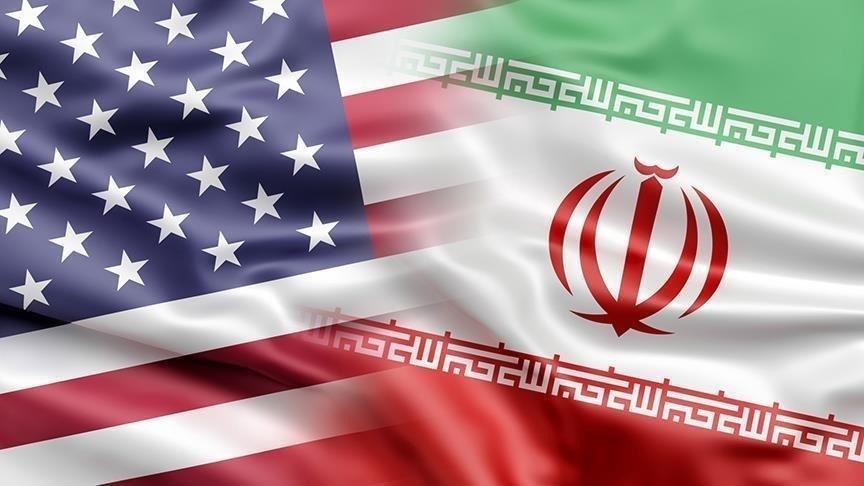U.S. government is considering new sanctions on Iran and its oil sales to China, as the panorama to revive the nuclear deal of 2015 is getting darker; according to a Report by Reuters, Tehran and its new president may not return to the talks or may adopt a harder attitude when they do; a U.S. official said, in condition of anonymity.
Firstly, Washington said to Beijing that its main objective was to revive compliance with the 2015 nuclear deal; consequently, assuming a smooth return, there would not be the necessity to punish Chinese companies that violate U.S. sanctions by buying Iranian oil; the official said.
Secondly, according to data from firm Kpler, Chinese refiners are the biggest importers of Iranian oil. In fact, China’s imports of Iranian crude have averaged between 400,000 and 650,000 barrels per day this year on a monthly basis.
Thirdly, as Iran has a new elected president, Ebrahim Raisi, there’s a growing uncertainty that this new president is willing to negotiate with the basis of the prior talks; ended June 20. According to the source, Raisi has been “very murky” about his intentions on the matter.
In fact, an Iranian official said Raisi and his nuclear team insist on starting from scratch and refuse to pick up the talks where they ended in June. “They want their own terms and conditions; and they have more demands like keeping the 60% enrichment or chain of advanced centrifuges; and not dismantling them as demanded by Washington.”
Also recommended for you: Wind blades plant in Mexico from Nordex, to be taken by TPI Composites. Click here to read.
U.S. may sanction China as a means to give Iran a message
Consequently, given the uncertainty, The U.S. government is considering new approaches. “If we are back in the 2015 nuclear deal, then there’s no reason to sanction companies that are importing Iranian oil. But if we are in a world in which the prospect of an imminent return to the JCPOA seems to be vanishing, then that posture will have to adjust.” Said the official to Reuters.
Moreover, for some U.S. officials, the possibility of a crackdown to China may be a veiled threat that Washington has ways to exact a price from Tehran. “It’s probably to send a signal to Raisi that if the Iranians are not serious about coming back to the JCPOA; the U.S. has options and there will be costs.” Said Brookings Institution analyst Robert Einhorn.
Finally, the anonymous source said that, while things are not black and white; the decision whether to sanction China or not, in order to send a signal to Iran or not; will have to be taken, considering the time it is taking to come back to the nuclear accord. “If we were to conclude that the talks are dragging on for too long; and also, that we don’t have a sense of whether they are going to reach a positive outcome, then of course we would have to take a fresh look at our sanctions enforcement; including on Chinese entities that were purchasing Iranian oil.”


